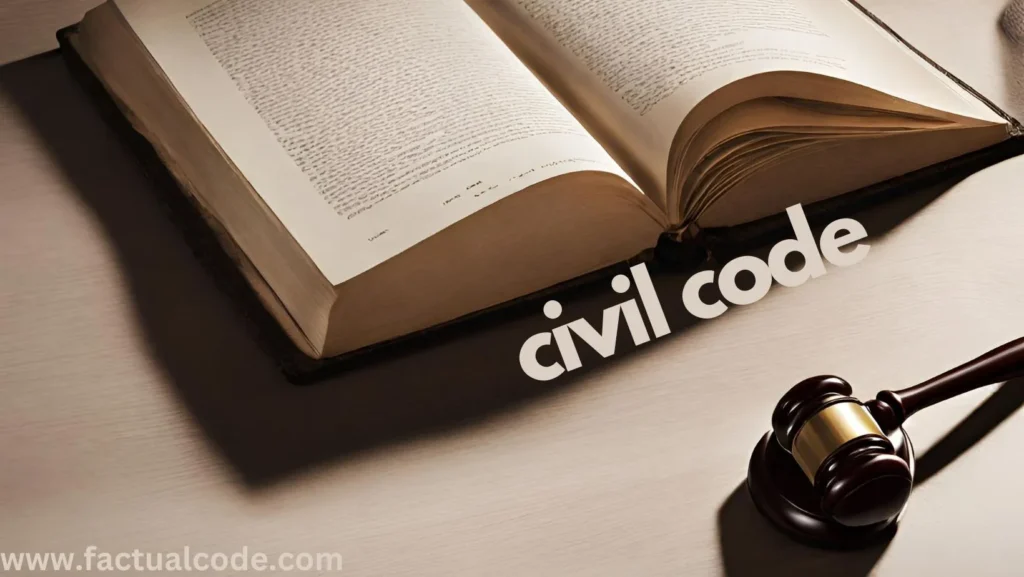Introduction
Legal disability under the Limitation Act, 1963, refers to the incapacity of individuals to initiate legal proceedings due to conditions such as minority, insanity, or idiocy. The law acknowledges these disabilities and provides special provisions to ensure that affected individuals are not disadvantaged due to their inability to act within the prescribed limitation period. These provisions promote fairness and prevent injustice by allowing an extended timeframe for initiating legal actions.
Legal Provisions on Legal Disability
1. Section 6: Extension of Limitation Period Due to Disability
Section 6 of the Limitation Act, 1963, states that if a person entitled to file a suit or application suffers from a legal disability (minority, insanity, or idiocy) when the prescribed limitation period begins, the limitation period does not start until the disability ceases.
Once the disability ceases, the individual is granted the full prescribed limitation period to initiate the legal action.
However, the extended period cannot exceed three years from the date the disability ceases.
If a person experiences multiple successive disabilities, the limitation period begins when the last disability ends.
2. Section 7: Joint Rights and Legal Disability
Section 7 extends the provisions of Section 6 to cases where two or more individuals are jointly entitled to sue, but one or more of them suffer from legal disability.
If the legally competent individual can give a valid discharge on behalf of both, the limitation period begins immediately.
If a valid discharge cannot be given without the participation of the disabled individual, the limitation period starts only after the disability ceases.
3. Section 8: Restriction on Extension Beyond Prescribed Limits
Section 8 imposes a restriction that no extension under Sections 6 and 7 shall be granted if the prescribed limitation period itself is thirty years or more.
Judicial Interpretations and Landmark Cases
1. Mehmood Syed v. Manzoor Ahmed (AIR 2011 SC 2367)
This case clarified that the limitation period starts only after the disability ceases, ensuring that disabled individuals are not unfairly time-barred.
2. Darshan Singh v. Gurdev Singh (1994)
Established that the total period of extension under Section 6 cannot exceed three years from the cessation of disability.
3. Udhavji Anandji Ladha v. Bapudas Ramdas Darbar (1949)
The court ruled that the disability must exist at the beginning of the limitation period to claim benefits under Section 6.
4. Lalchand Dhanalal v. Dharamchand & Ors (1962)
Emphasized that subsequent disabilities arising after the commencement of the limitation period do not reset the limitation period.
5. Bapu Tatya Desai v. Bala Raojee Desai (1920)
Interpreted Section 7, stating that an extension of limitation applies only if the co-claimants cannot act independently.
6. Smt. Usha Rani Banerjee & Ors v. Premier Insurance Company Ltd.
Held that if one of the joint claimants can provide a legal discharge, the limitation period commences even if the other suffers from a disability.
Role of Legal Representatives
Legal representatives play a crucial role in ensuring that legal proceedings continue for individuals suffering from legal disabilities. They can:
Initiate legal actions on behalf of minors or individuals of unsound mind.
Ensure that claims are filed within the legally extended timeframe.
Protect the legal interests of disabled individuals and prevent adverse consequences due to limitation issues.
💡 Pro Tip: Grasping the concept of ‘legal disability’ is essential for understanding exceptions under the Limitation Act. For a deeper dive into such procedural laws, refer to our comprehensive guide on How to Read CPC (Code of Civil Procedure, 1908).
Consideration of Future Disabilities
Courts also consider the possibility of future disabilities that may affect a claimant’s ability to file a suit within the prescribed limitation period. The foreseeability principle ensures that individuals likely to develop disabilities are not unfairly disadvantaged.
Limitations and Evolving Legal Interpretations
Section 8 restricts the extension of limitation beyond three years after the disability ceases, ensuring that claims are not indefinitely prolonged.
With advancements in medical science and evolving societal attitudes towards disability, judicial interpretations of legal disability may continue to develop to ensure equitable justice.
Conclusion
The provisions related to legal disability under the Limitation Act, 1963, aim to provide just and equitable treatment to individuals who cannot act due to personal incapacities. Sections 6, 7, and 8 collectively ensure that persons suffering from disabilities receive a fair opportunity to seek legal remedies while preventing undue delays in litigation. Judicial interpretations and landmark cases continue to shape and refine the application of these provisions, ensuring that justice remains accessible to all, regardless of personal limitations.

